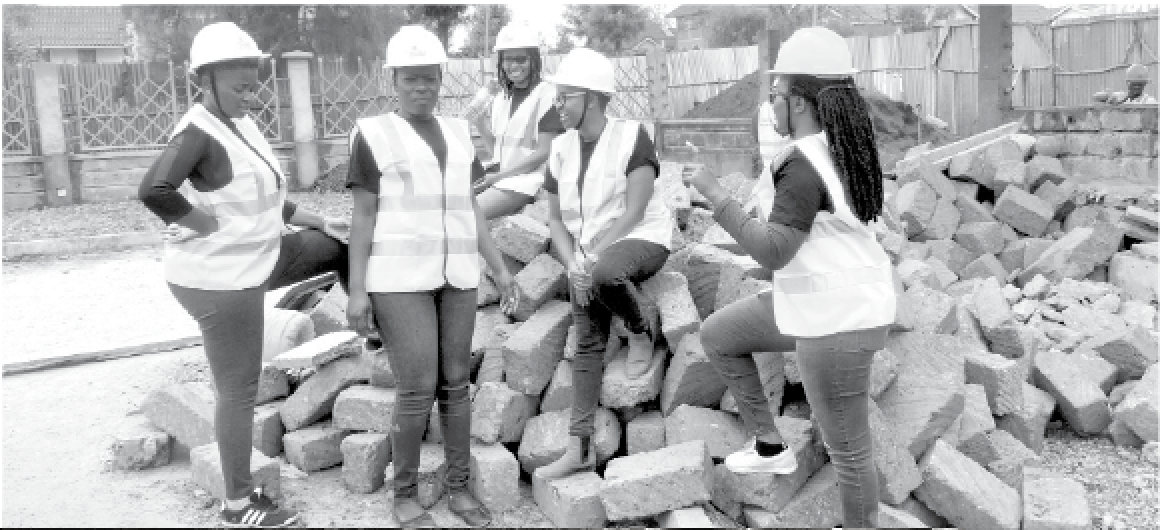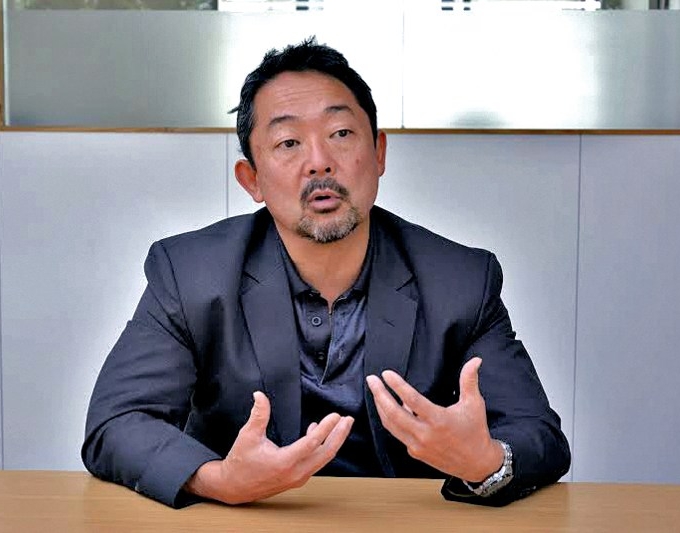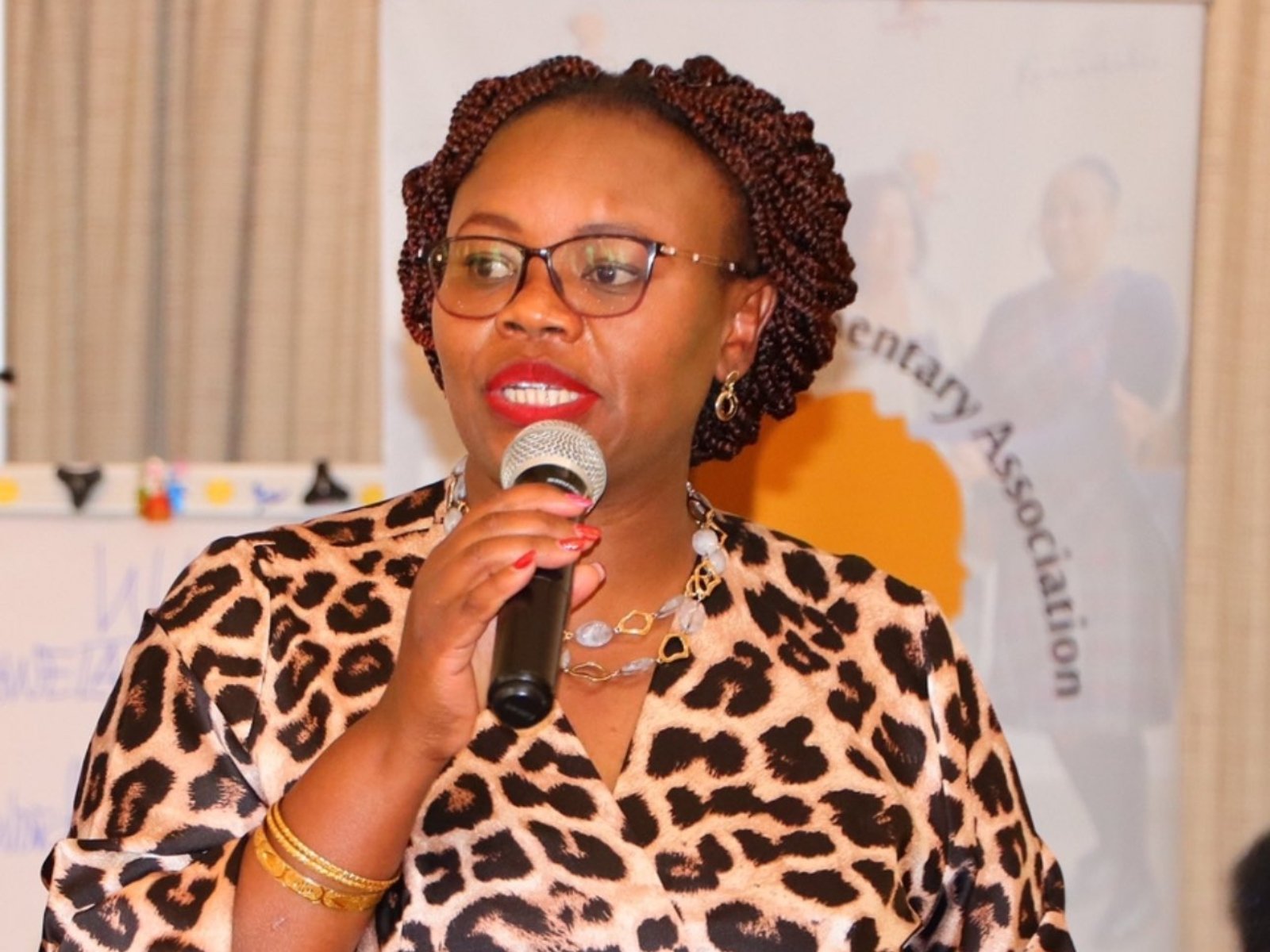How women are breaking through the ‘concrete ceiling’

By Noel Wandera
The built environment in Kenya is highly male dominated with 71 per cent of construction companies owned by men. Out of this, 21 per cent are jointly owned and only seven per cent belong to women.
That is according to a 2014 National Construction Authority (NCA) survey.
The field is, however, changing with women slowly rising to steer the sector from the top.
At the apex of the Architectural Association of Kenya (AAK) sits Mugure Njendu as president, having replaced yet another woman Emma Miloyo, who held the position for two years between 2017 and 2018.
Analysts attribute this partly to efforts to prepare girls in secondary schools to take up science, technology, engineering, and mathematics (STEM) subjects.
To get this into context, People Daily spoke to firms leveraging the power of the empowered woman at iBUILD, a firm changing the game since it was launched in Kenya, in February 2019.
The Kenya-based international corporation with global headquarters in Washington, DC, launched its mobile-enabled construction platform with Kenya being the first full market launch.
The firm is banking on women to build a strong leadership to show how civil society can address the dearth of affordable housing.
The platform provides a marketplace where masons can track their work history, while home owners and contractors can transact transparently, in an ecosystem that enables them build with confidence.
On this space, contractors post jobs for free with contractors paying up to Sh300 per post coupled with a percentage of salary for workers recruited by the broker.
Thousands are already on the platform with registered skill sets, however, about 20 per cent of the construction workers registered on the platform are women in what could be showing the shift in the balance.
90 per cent
“When the company was launched there were more men working for it. Today however, the company has more women in the business than men, with 90 per cent of the heads of departments being women,” says Nancy Welsh, founder of iBUILD.
Business Insider estimates that only 15 per cent of tech related jobs on Facebook were occupied by women in 2015, but this increased to 22 per cent in 2018 when their total global staff was only 36 per cent women.
Women on the platform and those manning the application are upbeat about the role they play in the construction industry. Where 30 per cent of the leaders in a company are women, working on property development and partnerships for iBUILD, Yvonne Muthamia says it has been quite a task seeing that most property developers in the country are male.
Dina Anekeya, team leader in charge of marketing at IBUILD said while she has worked in a technology company before, iBUILD has made it easier for her to lead a team of 31 members recruiting material suppliers daily.
Yvonne says she has had to do more than a man would in order to prove herself in male dominated boardrooms. Recently, she attended a panel within the construction industry where the entire panel was made up of men.
Misconceptions
Magdaline Mbugua, the team leader for user experience says to date the misconceptions about women are still alive in the construction sector, but things are changing going by the number of applications.
Noreen Ajiambo, the team leader for home owners says the older generation is more reluctant to adopt new technologies. She attributes their increasing popularity to openness and ease of working with women.
Marketing and communication manager, Nancy Welsh says they get inspired by the likes of Rose Kananu of Howard Aidevo Consulting and Martha Schwartz the American landscape architect, artist, educator, author, and lecturer who is founding partner of Martha Schwartz Partners, a landscape architecture firm based in London, New York, and Shanghai.
“Other women who have trail-blazed in technology and changing the game for women in the industry include Sheryl Sandberg who is Facebook COO and technology executive Susan Wojcicki of YouTube, among others,” said Nancy.
Mentorship is an important factor in any business and especially in such an industry as this one involving tech and construction.
Lydia concludes that girls should change their mindset and stop thinking of sciences, construction and IT as men only careers.












